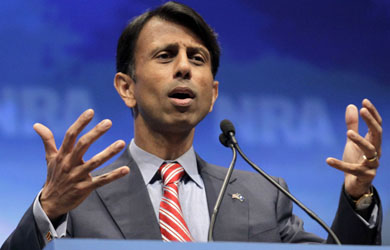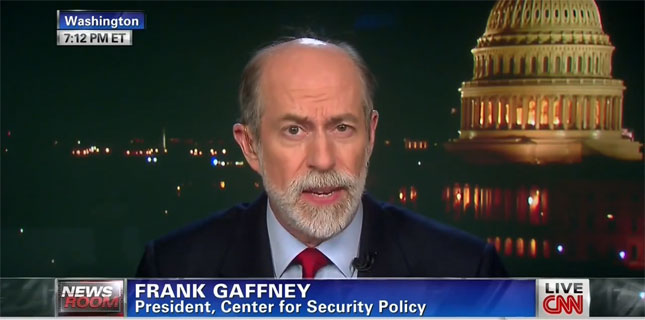Failed Republican 2016 gubernatorial candidate and wealthy New Jersey transplant Greg Gianforte is vying for Montana’s one congressional seat—open since Donald Trump appointed former Rep. Ryan Zinke, R-Mont., as secretary of the interior.
Gianforte, who in 2011 sold his tech company RightNow to Oracle for $1.5 billion, has made hefty donations to various right-wing causes and conservative Christian organizations in Montana and around the country through his family foundation. On top of donating more than $1.1 million to organizations that actively try to suppress LGBTQ rights, such as the Montana Family Foundation and the Family Research Council, Greg and Susan Gianforte have been vocal opponents of any sort of legal protection for the Montana LGBTQ community.
In 2014, some Bozeman residents encouraged the city to adopt an ordinance ensuring that landlords and businesses couldn’t refuse housing or employment to someone based on their sexual orientation. Even though the city commissioners were not working on a nondiscrimination ordinance (NDO) at the time, Susan Gianforte was the first up to speak out against it at a city commission meeting, saying “business owners don’t want a non-discrimination ordinance” because they’re “afraid of being boycotted, picketed, trashed, sued and otherwise threatened.”
Speaking alongside Susan Gianforte were men who argued that Christians shouldn’t be forced to do business with anyone whose behavior they found disagreeable, that there’s no evidence that gay people are discriminated against because most gay people are rich and well-educated, and that “homosexuals were alcoholics and drug addicts” who are “standing on a bridge, looking to commit suicide.”
As the city progressed with an ordinance, Greg Gianforte tried to get Bozeman to add a religious exemption to the NDO so Christian business owners wouldn’t have to provide wedding services—or any other services—to LGBTQ Montanans, saying the ordinance “puts in law not so much elimination of discrimination, but forces participation.” Gianforte met privately with city commissioners and even drafted new language, which was eventually adopted into the ordinance, that protected some anti-LGBTQ businesses if they felt that their faith prohibited them from providing a service.
During Gianforte’s failed 2016 gubernatorial run, he said he favored NDOs for employees but not customers and that while NDOs “have never been used” in Montana, “they add the threat of increased cost for businesses.” When asked directly about enacting an NDO, Gianforte would only repeatedly say “I think discrimination is wrong” and then try to pivot to the economy.
Both Greg and Susan Gianforte used their experience as business owners to try and make the economic argument against protecting their LGBTQ neighbors from discrimination. But that argument is wrong by any measure.
North Carolina’s anti-LGBTQ law is projected to cost the state $3.76 billion over the next dozen years as businesses, organizations, and entertainers leave or refuse to hold events there. When then-Gov. Mike Pence signed Indiana’s anti-LGBTQ law in March 2015, it only took until January 2016 for Indianapolis to lose $60 million in revenue.
As a member of Congress, Gianforte would have an even bigger platform to push his anti-LGBTQ views across the country.







